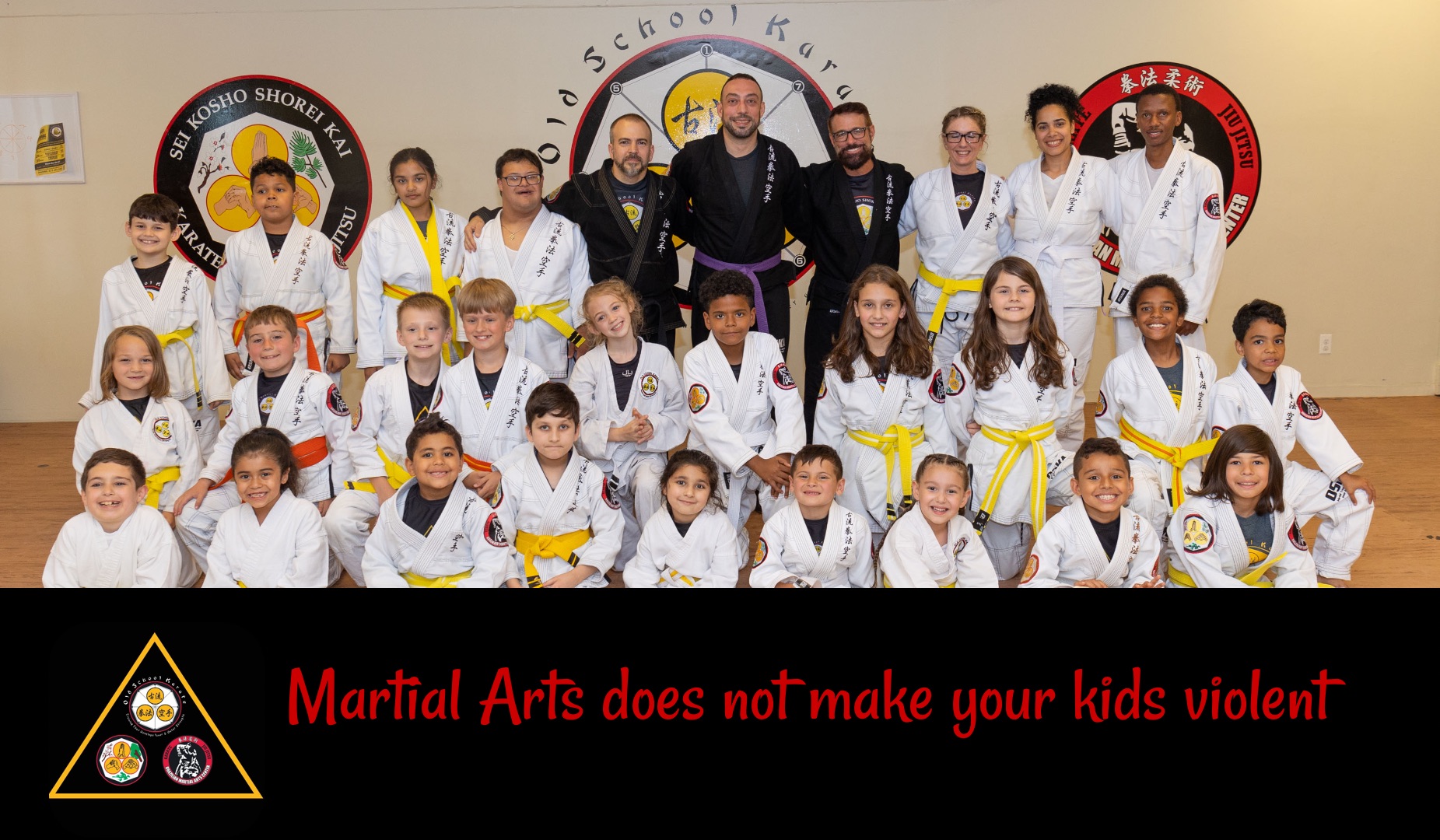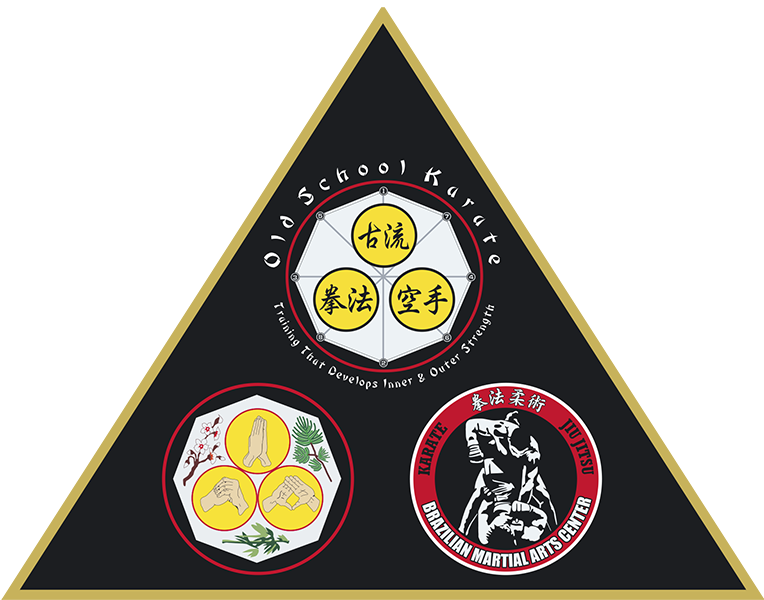
Martial arts does not promote violence – The Transformative Power of Martial Arts for Children, A Sensei Perspective:
As a seasoned martial arts expert, I have witnessed firsthand the profound benefits that martial arts training offers to children. While there is an abundance of scientific and psychological research supporting these claims, it is important to dispel the misconception that martial arts promotes violence. In reality, martial arts is a centuries-old discipline rooted in meditation, designed to cultivate inner peace, reduce stress, and curb aggression. In this article, we will delve deeper into the wide-ranging advantages of martial arts for children, exploring how it instills valuable life lessons, promotes physical fitness, and nurtures social skills.
Building Character through Martial Arts:
Contrary to the common perception of martial arts as a violent pursuit, it actually serves as a powerful medium for character development. Through rigorous training, children learn the importance of hard work, discipline, and integrity. The martial arts ethos emphasizes setting goals, persevering through challenges, and striving for continuous self-improvement. These fundamental principles build resilience, self-confidence, and a strong work ethic in young practitioners. By practicing martial arts, children develop an unwavering sense of determination and gain the ability to overcome obstacles not only on the mat but also in various aspects of their lives.
Cultivating Mental Wellness:
Martial arts training extends beyond physical exercise; it also nurtures mental well-being. Traditional martial arts forms, such as Karate or Kosho Ryu, incorporate meditative practices that focus on breath control, concentration, and mindfulness. By engaging in these practices, children learn to quiet their minds, reduce stress, and improve their overall emotional well-being. The emphasis on mental fortitude and self-awareness allows young practitioners to better manage their emotions and develop a calm and balanced outlook on life.
Physical Fitness and Coordination:
In an era where sedentary lifestyles and digital distractions have become increasingly prevalent, martial arts offers an active and engaging outlet for children. Regular training in martial arts helps children improve their physical fitness, strength, and coordination. The rigorous techniques and drills involved in martial arts training promote flexibility, cardiovascular endurance, and muscular development. By engaging in dynamic movements and refining their motor skills, children enhance their overall athleticism, leading to improved balance, agility, and coordination.
Self-Defense Skills:
While the primary focus of martial arts is not violence, it would be remiss not to acknowledge its practical aspect. Martial arts equips children with the knowledge and skills to protect themselves if the need arises. Self-defense techniques are taught within a controlled and disciplined environment, with a strong emphasis on respect, responsibility, and ethical behavior. By learning self-defense, children develop a heightened sense of personal safety, confidence, and the ability to diffuse potentially threatening situations without resorting to violence.
Fostering Social Skills and Camaraderie:
Martial arts training provides an excellent platform for children to cultivate social skills and build lasting friendships. Group classes encourage teamwork, cooperation, and mutual respect among practitioners. Martial arts academies often foster a strong sense of community, where students support and motivate each other on their individual journeys. Through regular interactions with instructors and peers, children develop effective communication skills, learn to appreciate diversity, and develop empathy and compassion.
Martial arts, far from promoting violence, serves as a transformative practice that fosters personal growth, mental well-being, physical fitness, and social skills in children. By embracing martial arts, young practitioners embark on a journey of self-discovery, where they develop essential life skills such as discipline, integrity, and perseverance. Through the teachings of martial arts, children gain a deeper understanding of themselves, learning to channel their energies positively, and contribute positively to their communities. Let us embrace the rich tradition of martial arts and provide our children with the opportunity to unlock their full potential on their path to becoming well-rounded individuals.
Sensei Bill
